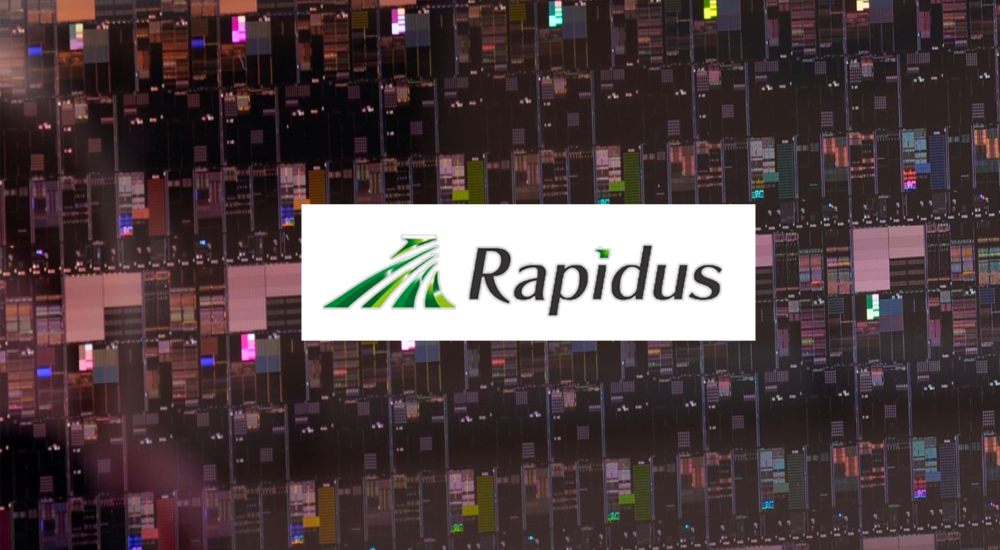Rapidus, a newly established semiconductor company in Japan aiming to achieve 2nm production by 2027, has announced the completion of preparatory work for its first EUV lithography machine. The EUV equipment will be installed before Rapidus begins trial production in 2025. Additionally, preparations are underway to acquire another EUV machine.

Atsuyoshi Koike, President of Rapidus, revealed that the company has incorporated AI and automation into its production processes. While around 1000 engineers would typically be required for advanced production, Koike explained that with the aid of automation, Rapidus expects to operate with approximately 500 engineers. The company anticipates commencing volume production of 2nm chips on schedule in 2027, with revenues projected to reach JPY1 trillion in the 2030s.
Regarding competition with TSMC, Koike believes that Rapidus will focus on AI and supercomputing chips, while TSMC covers a broader range of sectors. As a result, he expects the competition between the two companies to be less intense.
Rapidus, backed by major Japanese technology and financial firms including Softbank, Toyota Motor, Denso, Sony, NTT, NEC, Kioxia, and Mitsubishi UFJ Bank, was established in August. The company also formed partnerships with IBM and Belgium-based IMEC in December for joint development of 2nm technology.
Koike previously stated that Rapidus does not aim to catch up with the production scale of TSMC and Samsung. Instead, the company is exploring a different business model focused on efficient production.
While Koike does not rule out the possibility of taking Rapidus public to raise additional funds, he also mentions the potential for more corporate investors, including those from Europe. Koike estimates that R&D expenditures will reach JPY2 trillion and emphasizes the importance of medium and long-term governmental support, expecting an annual subsidy of JPY300 billion. In addition to R&D expenses, JPY3 trillion is required to support factory operations and volume production, making an IPO an attractive option for further fundraising.
In April, the Japanese government announced a subsidy of JPY260 billion for Rapidus' planned 2nm capacity in Chitose, Hokkaido, which will also host the company's future 1nm manufacturing process. While Koike expressed optimism about achieving volume production at 2nm and 1.4nm, he considers the 1nm milestone to be a significant challenge.







